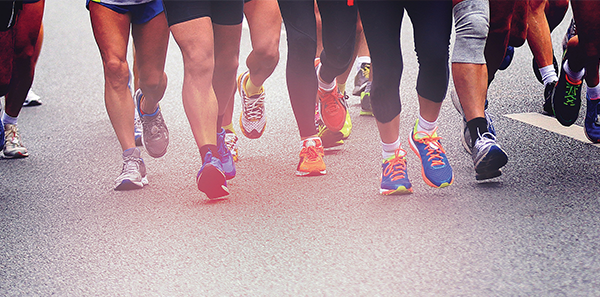
The second thing I took away was the surprising response from the crowd and my colleagues. Following completion of the race and once people found out about our story, we were proclaimed heroes! Heroes? I know for a fact that I performed CPR three times earlier that week in my own emergency department, certainly with no such proclamation. We only did at that race what any nurse, paramedic, or doctor would have in our situation. I know this to be true because we turned away dozens of people who offered to help and were only adding to the chaos. We already had our impromptu team of two emergency medicine residents, a surgical resident from a local Detroit residency, and an emergency department nurse at the patient’s side. With all the negativity that we might read in the newspaper or see on television today, there was an overabundance of people wanting to offer help when a random stranger was in distress.
Explore This Issue
ACEP Now: Vol 35 – No 05 – May 2016We only did at that race what any nurse, paramedic, or doctor would have in our situation. I know this to be true because we turned away dozens of people who offered to help and were only adding to the chaos. We already had our impromptu team of two emergency medicine residents, a surgical resident from a local Detroit residency, and an emergency department nurse at the patient’s side.
I’ve never felt so much adrenaline to finish a race as I did that day. The final four miles seemed to fly by. And our patient? He made a full recovery and returned to work full-time only 10 days later. As for my co-chief and I, the Ann Arbor Half Marathon is only a few short months away, so training (and a brief basic life support/advanced cardiac life support review) starts soon.
Dr. Betcher is a PGY-4 chief resident in the department of emergency medicine at the University of Michigan in Ann Arbor.
Pages: 1 2 | Single Page




2 Responses to “Emergency Medicine Residents Perform Marathon Resuscitation”
May 27, 2016
alivery interesting
I have a similar experience while running San Antonio marathon in 2009.
I actually intubated the runner “patient”, he was in v-fib, we left him in the ER under the care of the team.
I thought even if he survived he wont have much neurological function left..
Much to my delight, I returned to Beaumont, and called the ER/ICU, navigated HIPPA, and ended up talking to patient wife, she informed me he was in the icu drinking coffee… left the hospital few days later, with no neurological sequale
May 31, 2016
Carrie BakerI have encountered two seperate syncopal pateints in public, recently. One was in her 20’s… The other, 12 years old.
It is a helpless feeling to not have the usual ED supplies. I found myself at the farmer’s market shouting, “are there any diabetics in the crowd? Does anyone have some oral glucose or juice… Something to check blood sugar.
The second time, I had purchased oral glucose gell (due to prior experience.) This time, it was a child who collapsed, pale, diaphoretic at a student conference. He was oriented but lethargic and weak. He was able to take the oral glucose which improved his alertness and color. Paramedics arrived and took him to the ED.
Since then, I purchased a STOMP medical -tactical supply stocked backpack… I feel more prepared for the next emergency outside the ED.
It is a different experience in a public setting, but one that makes me grateful for my training.
I realized that I am an Emergency Trained Physician, no matter where I am, or who I encounter. And I am grateful for the privilege.